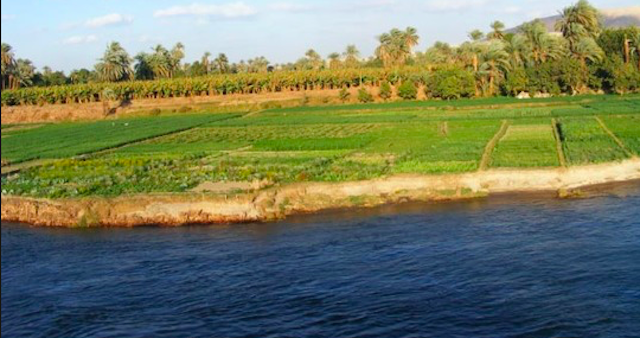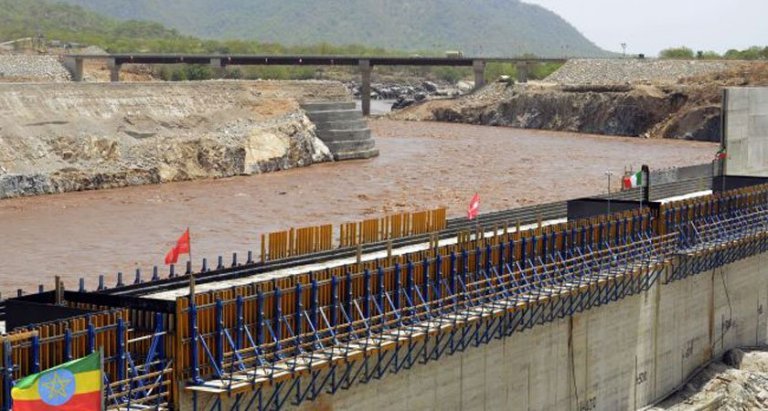
If you thought things couldn’t get any messier in Egypt, well, you’re wrong. The Geological Society of America just published a report that held some disturbing facts for our dear country. The study claims that the decreased freshwater supplies and increasing salinity might leave Egypt uninhabitable by the year 2100.
Apparently, Egypt’s Nile Delta, which is only one meter above mean sea level at the Mediterranean coast, will face uneven rates of submergence. Factors playing a major role in such expected changes are neotectonic lowering, compaction of Holocene sequences, and diminished sediment replenishment. Fresh water shortage rate will unexpectedly cause a nationwide shortage by the year 2025.

The construction of Ethiopia’s Grand Renaissance Dam is expected to increase the problems of fresh water and energy poverty in the lower Nile Basin. “It is not necessarily the case that whole towns and cities along Egypt’s Mediterranean coast will be underwater, but seeping seawater and the increasing salinity of soils may make the area uninhabitable,” Ahmed Al-Droubi, an environmentalist and coordinator for the Egyptians Against Coal, tells Mada Masr.
WE SAID THIS: A nationwide shortage of fresh water by the year 2025? That’s in eight years. Scary!


